After the intensity of my junior year of highschool, I wanted to make the most of my freedom and treasure every moment not dictated by a school bell. While we live in a society where teenagers are expected to monopolize their summers and turn every hour outside of school into something resume worthy, I decided to leave the structured safety of a 9-5 internship and instead sign up for a bike tour from New York City to Montreal. I believe it is in the wild uncharted territory of a bike trip, where you can discover your true self. So, for the next two weeks, my future would hold roughly 400 miles, all the gear that we would need piled onto our bikes, and unknown to me at the time, incredibly muscular but sore legs.
I met seven other teenagers, and two college-age leaders met in the middle of Bryant Park in New York City. The first one to arrive, I nervously wheeled my bike around, adjusting my load of gear so that it didn’t look quite as precarious, and contemplating my life decisions. I could barely hold my bike up because of everything strapped to it, let alone ride it to a whole new country.
The first and second day were all about learning the rules of the road and how to work as a group. While I went into this experience thinking it would mainly be a solo experience — my legs pushing my bike on my journey — in reality, we all relied on each other. We explored how we worked best as a group, discovering that we liked to do the majority of the miles in the morning, determining that chips and ice cream were the best snacks, learning how to efficiently pack our bikes (somehow the back of my bike always resembled The Leaning Tower of Pisa), and ultimately finding our sense of direction. After the learning curve of the first few days, we settled into a rhythm.
Our mornings started early — we would take the tents down first thing and then tuck into our breakfast of yoghurt or cereal that we bought the day before. Loading all the gear onto our bikes and doing a safety check always took longer than we expected, but I ended up learning was very important. It’s better to take a while and catch any safety issues than be caught on the side of the road with a broken bike. From there, someone would take charge of the map and lead us off on our day’s route. Taking it mile by mile, we’d settle into our single-file formation, but always stopping for snacks, water breaks, groceries, and fun side quests we found along the way. From buying vintage Christmas ornaments at a yard sale to exploring an abandoned church, we learned how to find adventure in everything. Usually arriving at our campsite in the late afternoon, we’d unpack the gear from our bikes (somehow taking it off is a lot faster than putting it on), set up tents, explore the campsite, and eventually sit down to a hot meal cooked by that day’s cooking crew. If we had a lot of free time, we’d practice our Frisbee skills, becoming the best frisbee-playing bikepackers in upstate New York!
A lot of my group’s favorite memories revolved around food, which makes sense after seeing how hungry biking all day made us. From carrying an ice cream cake on our bikes to surprise one of our leaders on her birthday, to an all-you-can-eat sushi buffet in Montreal, food not only fueled our bodies but created moments for connection and conversation and albeit a few friendly arguments over the best sandwich toppings. Our group quickly transformed from a collection of apprehensive teenagers to a family of confident bikers and leaders.
However, with ups come downs, and I’m not not just talking about all the hills we biked over! The weather was our biggest enemy. From a scorching heat wave the first few days of the trip to a hailstorm which flooded all our gear, we definitely had to adapt. It taught me how to appreciate being uncomfortable. While sleeping in a cool, damp tent was not something I was looking forward to or loving at the moment, it helped me appreciate the fact that the heat wave was over. While my clothes were wet, all I had to do was tie them onto the back of my bike and let them dry in the wind. Looking back, I treasure all of these moments, as they were times shared with new friends I cared deeply about.
I didn’t go on this trip with the plan to gain communication skills and improve my self-confidence; however, those lessons ended up being a part of everything I did. Learning how to plot our course for the day, set the pace when leading, and adapt when situations went wrong (which they did!) all helped me gain trust in my ability to lead a group. Without everyone trusting themselves to do a certain task, not all of what needed to be done would have been done. Seeing myself and my friends accomplish hard things by working together and playing to everyone’s strengths helped me understand how I can handle conflict through setting attainable goals. Obviously there was a learning curve to it, but when we got lost, we’d re-center ourselves and get back to the mission, ultimately making it to Montreal, tired, sore, and very happy trekkers!
While biking itself was a new experience for me, so was the fact that we had to learn how to navigate, shop and cook on a budget, and fill our free time. Having the freedom to decide what our trip looked like helped us feel confident and grow closer as a group.
Founder of Teen Treks, Cliff Madell, created this program in 2001 to ensure his son would have a bike program to participate in when he was older. After participating in American Youth Hostel bikepacking programs as a teenager, Madell later joined as a trip leader, believing “[the] best way to spend a summer was leading bike trips and taking kids out.” As hostels began to be less common and AYH ended most biking programs, Madell formed Teen Treks, a nonprofit organization with the goal to “get high school kids biking.”
This motto inspired my best friend and I, and we originally planned to go on this trip together. Having known each other since kindergarten, we were planning to tackle all the unknowns of the bike trip knowing that if we were uncomfortable we would at least know each other. However, due to scheduling we ended up doing the same trek but a week apart. While the route we took was relatively similar, our experiences were significantly different from each other, and I realized it’s easier to grow when there is no safety anchor holding you back. Madell’s mentality of trying to put together a group of teenagers that doesn’t know each other suddenly made sense to me, saying, “The first day you have someone to hold your hand and you feel comfortable, but it sometimes can block you from getting to know the other kids.” So while I was sad to miss out on this experience with my friend, I am grateful that I was able to connect with so many amazing new friends from all over the country.
In addition to the idea of community and connection, Madell also formed Teen Treks on the idea that “[Teen Treks] plan the trips but don’t dictate what they’re exactly like.” We were able to take advantage of opportunities in the moment rather than be tied to a schedule. And while we took leadership positions during a lot of the trip, it would not have been possible without our two incredible trip leaders.
If I was apprehensive before this program as a participant, I’m sure the leaders were even more scared. Getting eight teenagers from New York to Montreal is no small task. However, with the understanding that our journey was a whole group responsibility and did not just fall on their shoulders. I came to appreciate the fact that our leaders worked with us rather than for us.
While leaders obviously have a lot of responsibilities, leader Shelter Gimbel-Sherr, also finds that “when the trip starts ‘running itself’ that we know that we as leaders have done something right.”
While the lack of schedule and abundance of trust in us seemed daunting and an invitation for things to go wrong to me at first, Gimbel-Sherr taught me about the “art of good enough.” She says, “I can be a perfectionist particularly in my day to day life, but on the road, I’ve taken to the mentality of not letting perfection be the enemy of completion.” Throughout the school year, I often find myself caught up in trivial tasks and struggling with perfectionism with my assignments. However, after seeing that every person on my trip tackled it differently yet we all made it, I realized that sometimes it is important to focus on the big picture and let the details fall into place themselves. Gimbel-Sherr admits that it is important to accept that things will go wrong; “however, these challenges are also part of the beauty of a bikepacking trip.” A bikepacking trip should embrace the spontaneity of the road. As Gimbel-Sherr says, “All in all, you just have to make it from point A to point B each day, and the journey does not, and will not, be linear.”
My two week trek was certainly not linear. It grew and changed as we encountered and overcame obstacles, met people that both supported and challenged us, and ultimately became a unique experience with long-lasting impacts. I’m hesitant to say something definitively changed my life, however this trip did change my mindset on how I tackle challenges. I don’t focus so much on the destination or solution to a problem, but rather the road to get there. I’ve become less of a stickler for perfection and instead strive to find adventure in the unexpected. I take each day one pedal at a time and hold more appreciation for moments of independence and self-growth. With senior year underway, I’m excited to keep seeking moments of exploration and treasure all the ups and downs this year has to offer.
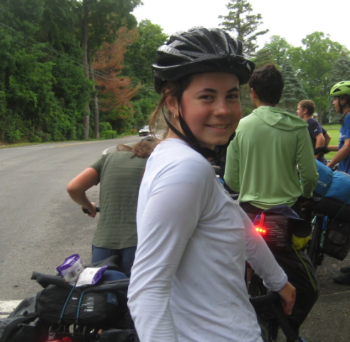
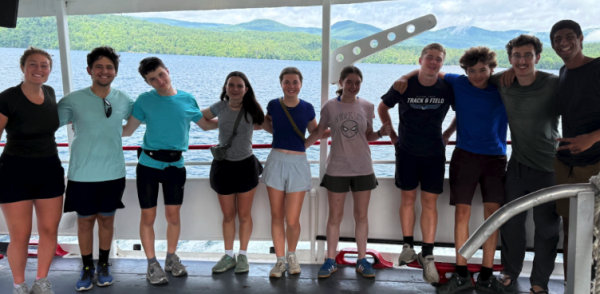
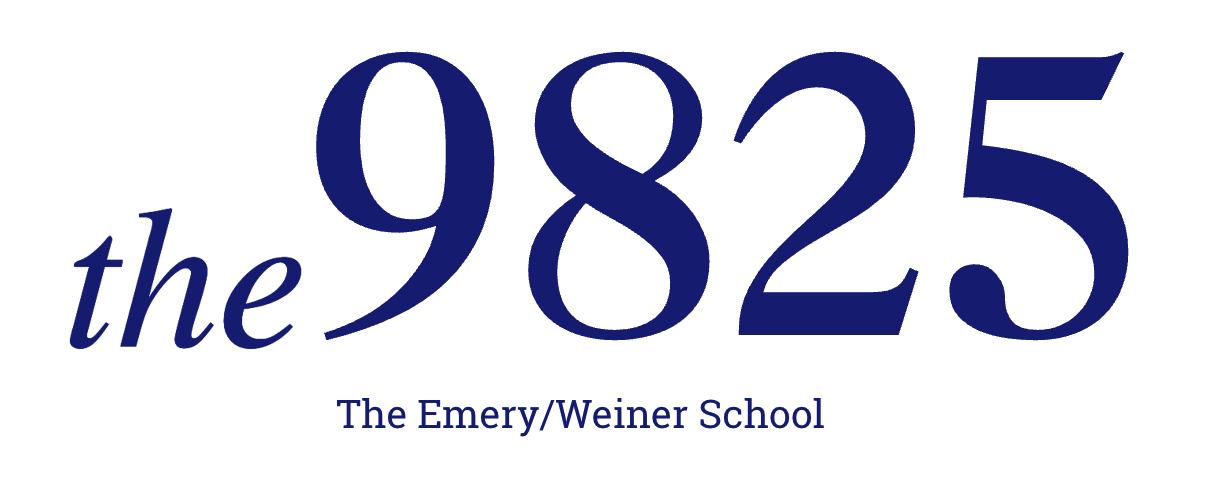
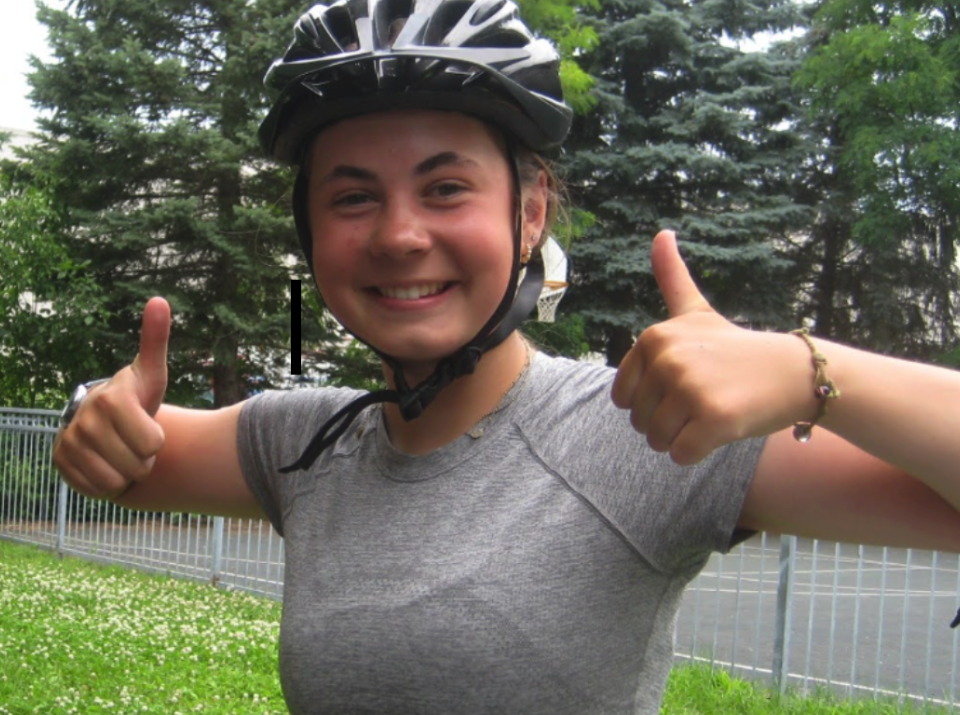
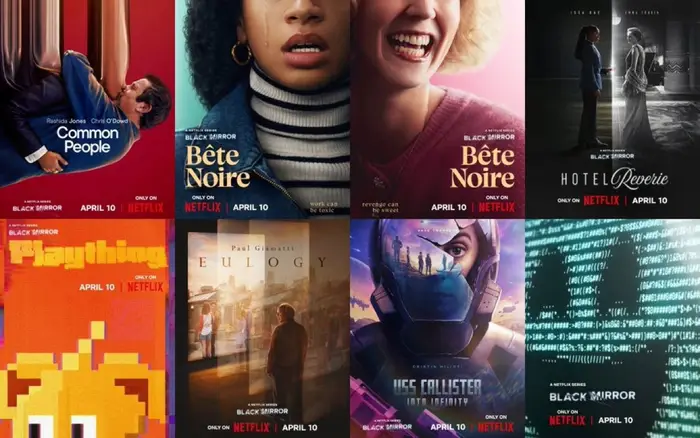



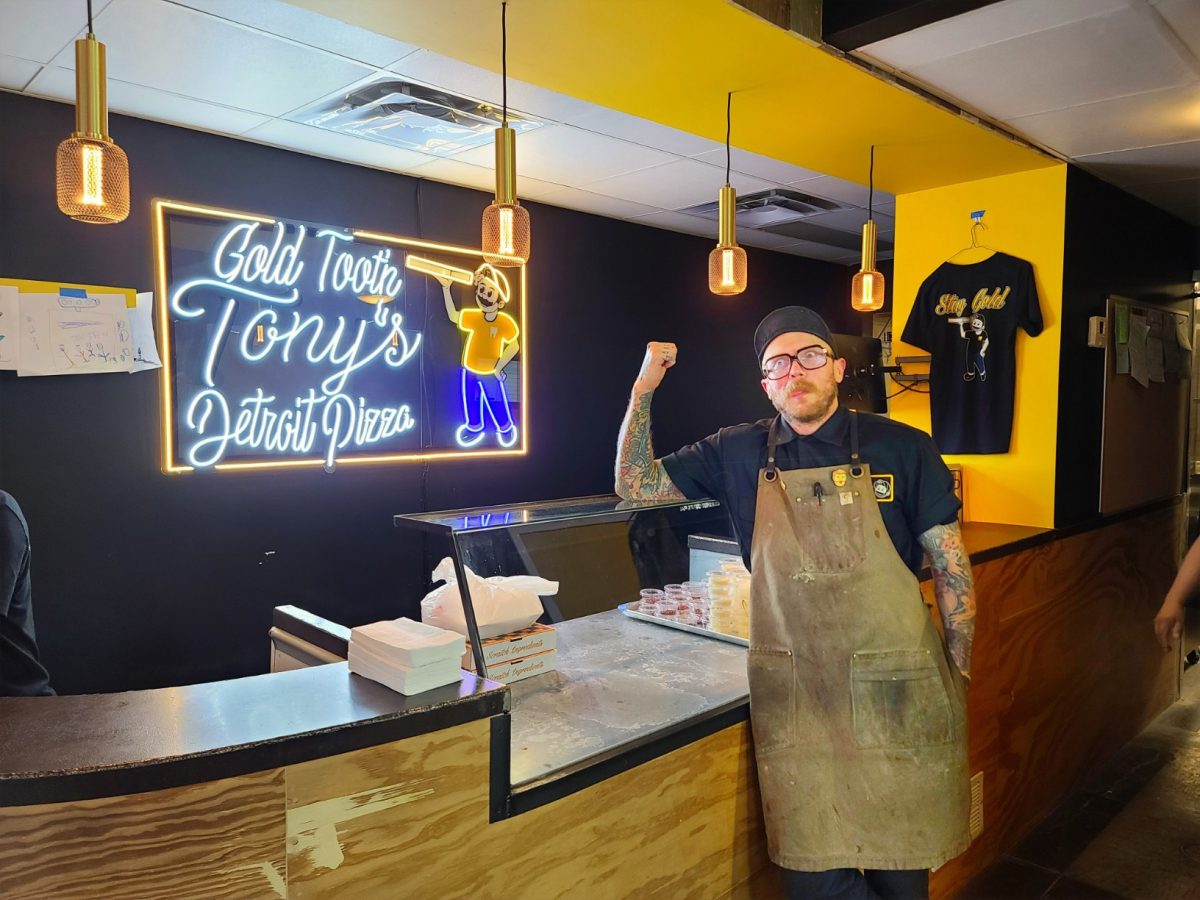
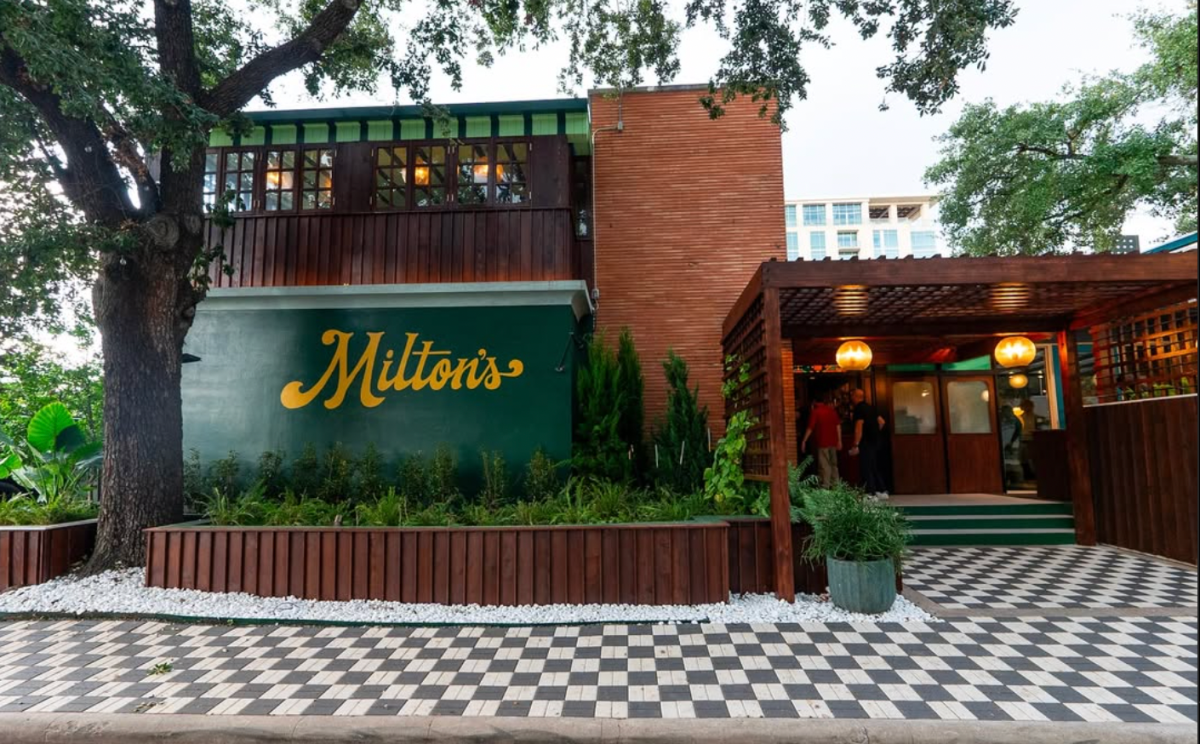
Raquel Echevarria • Sep 27, 2025 at 7:27 pm
Love this!!!